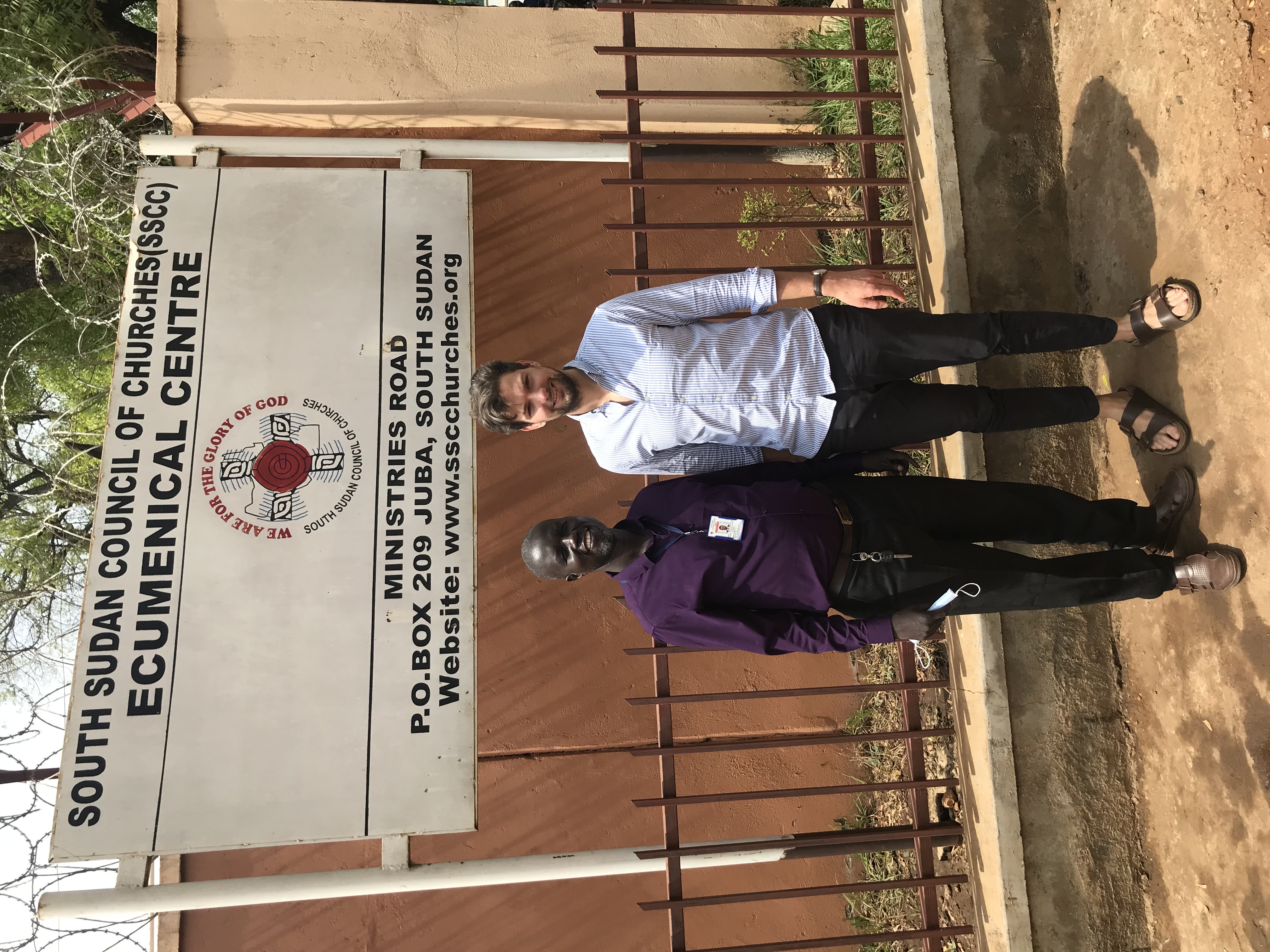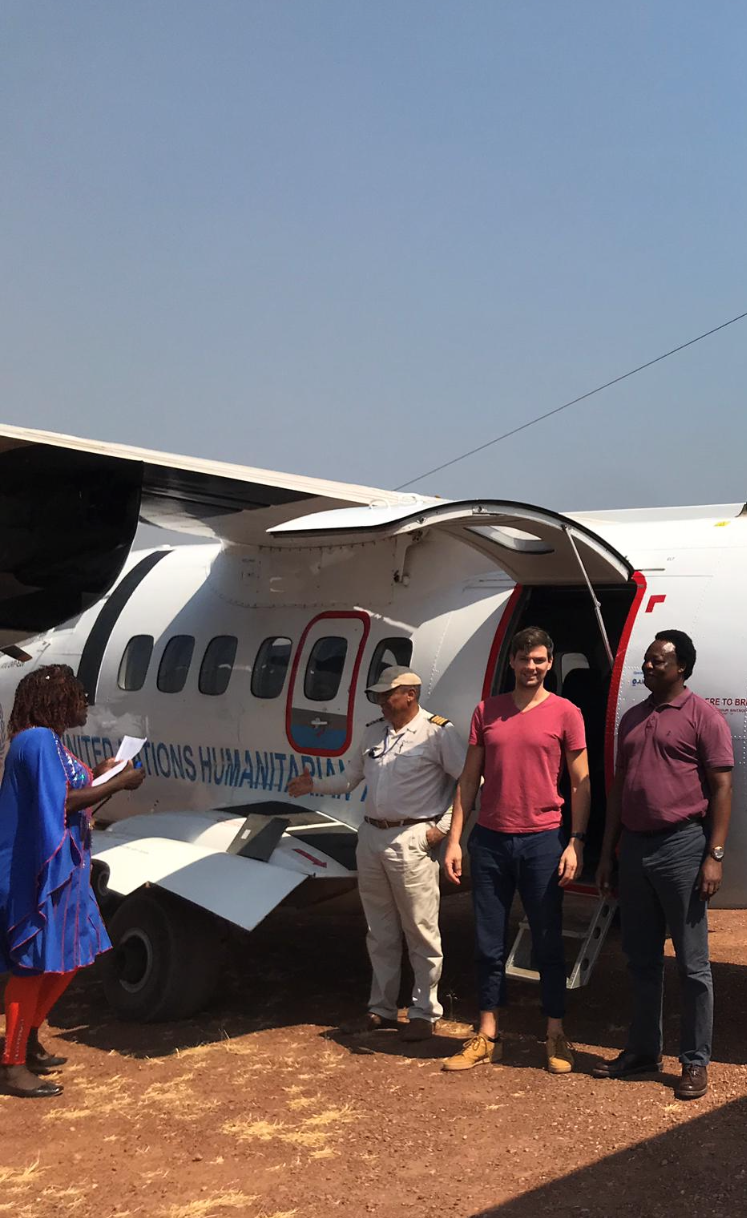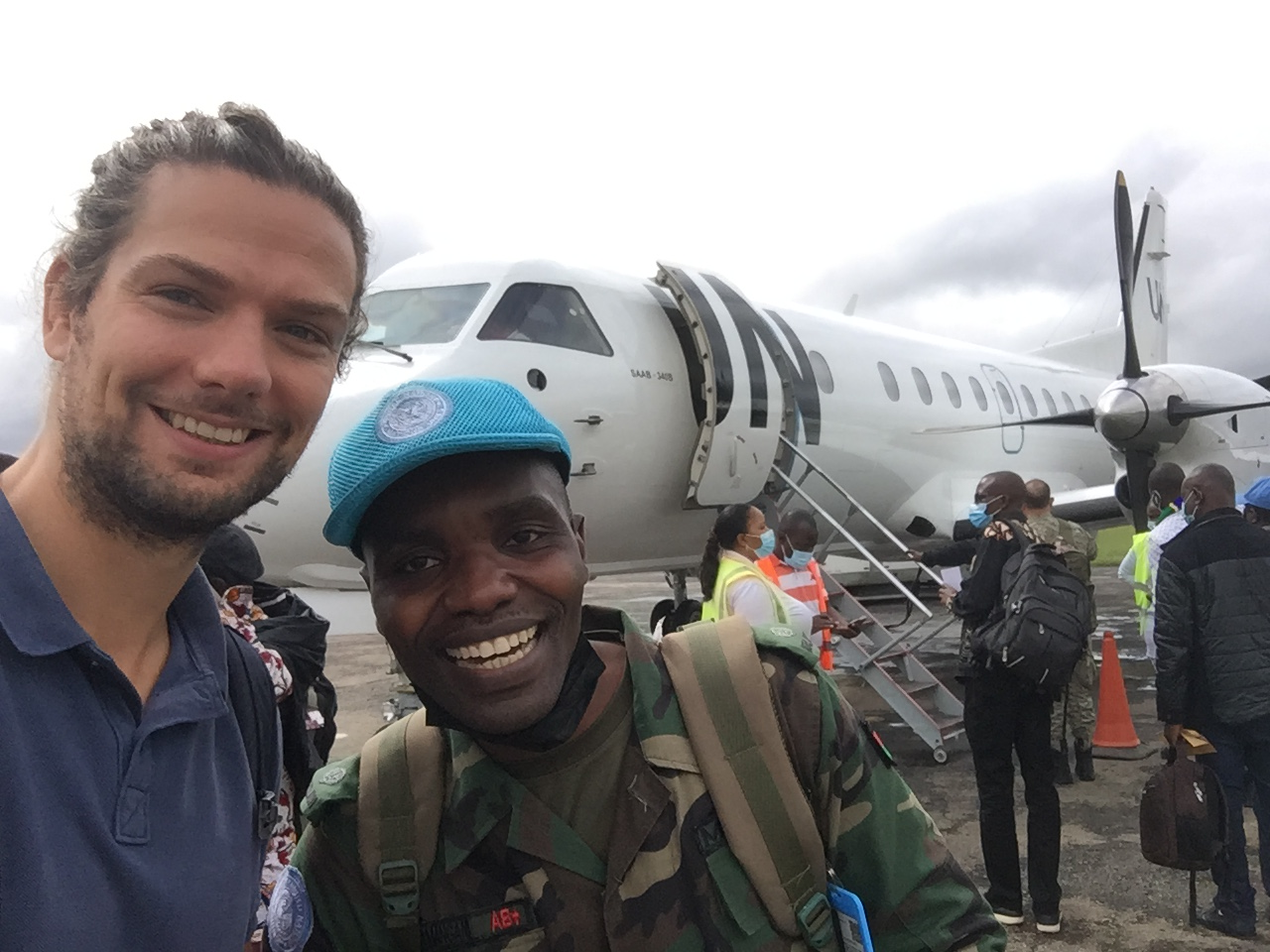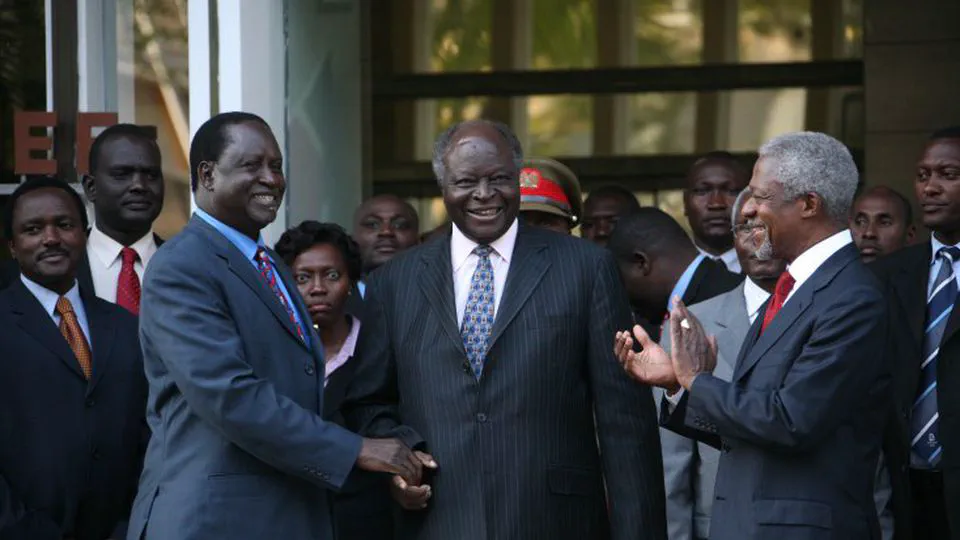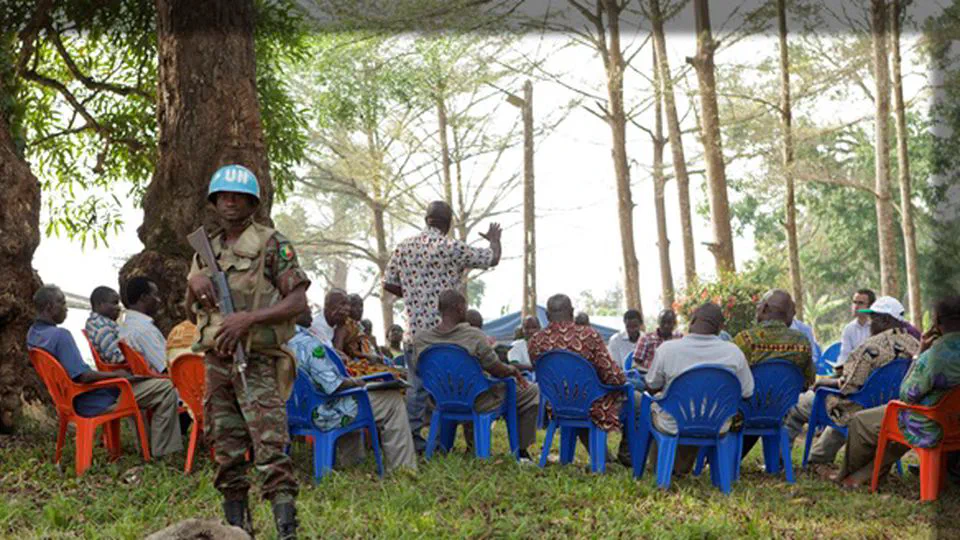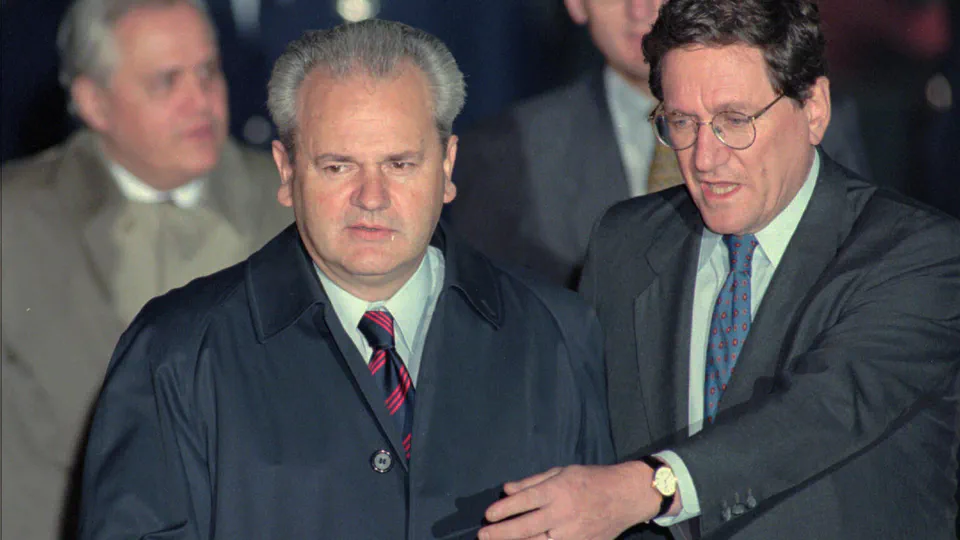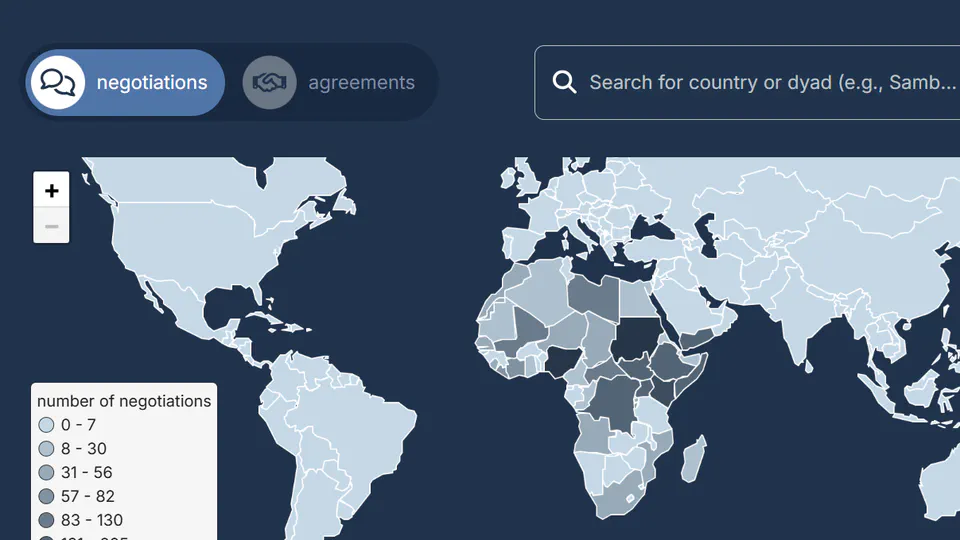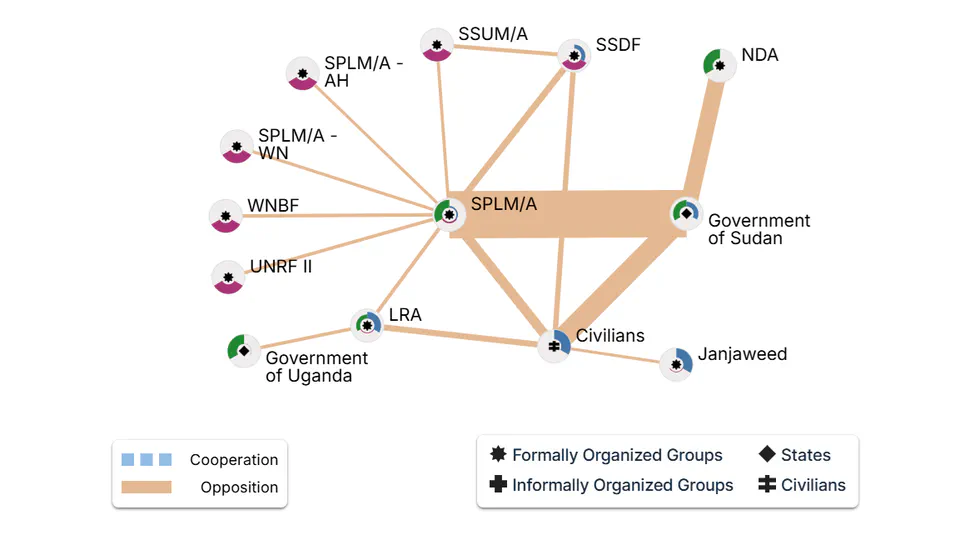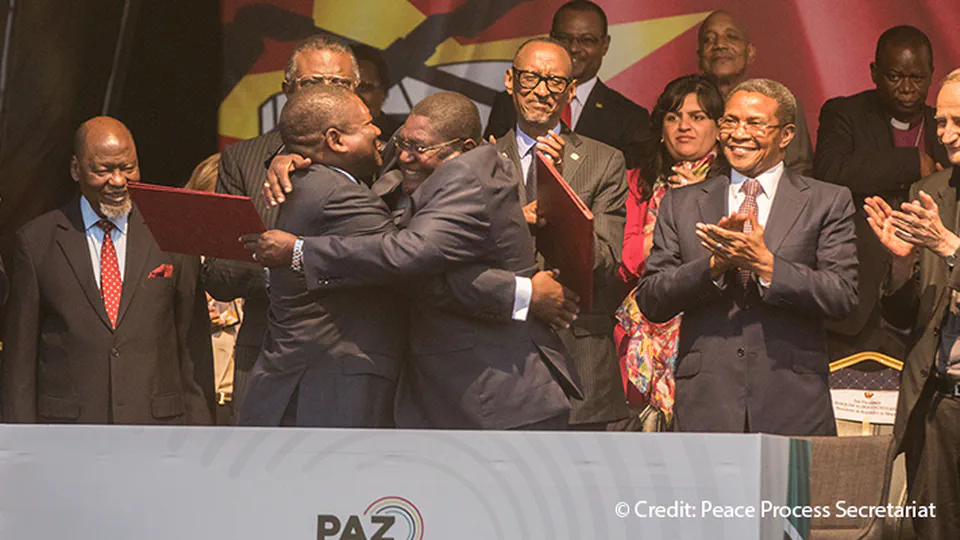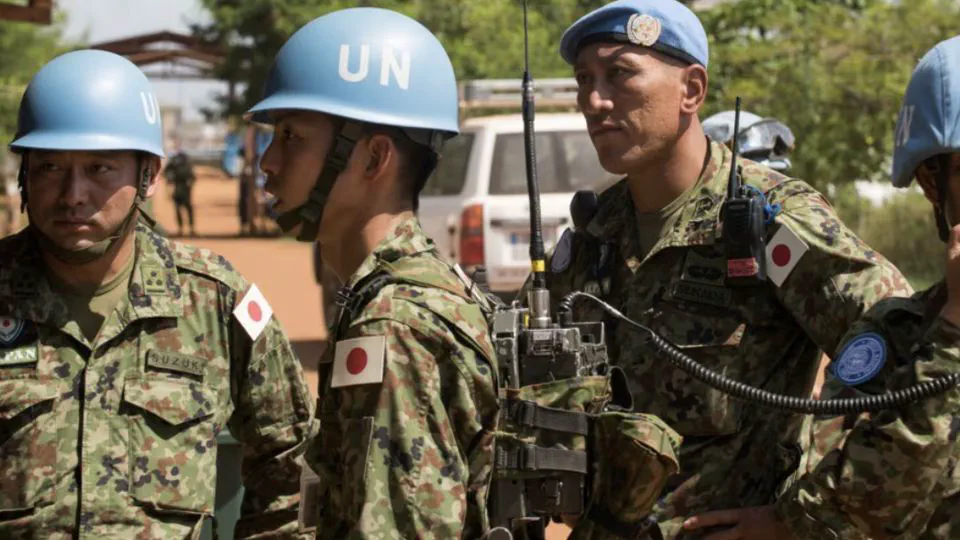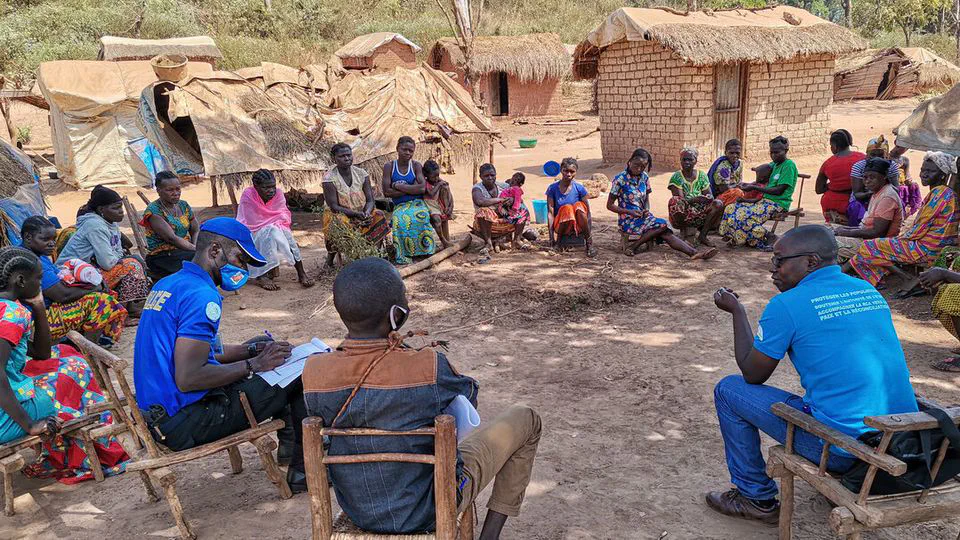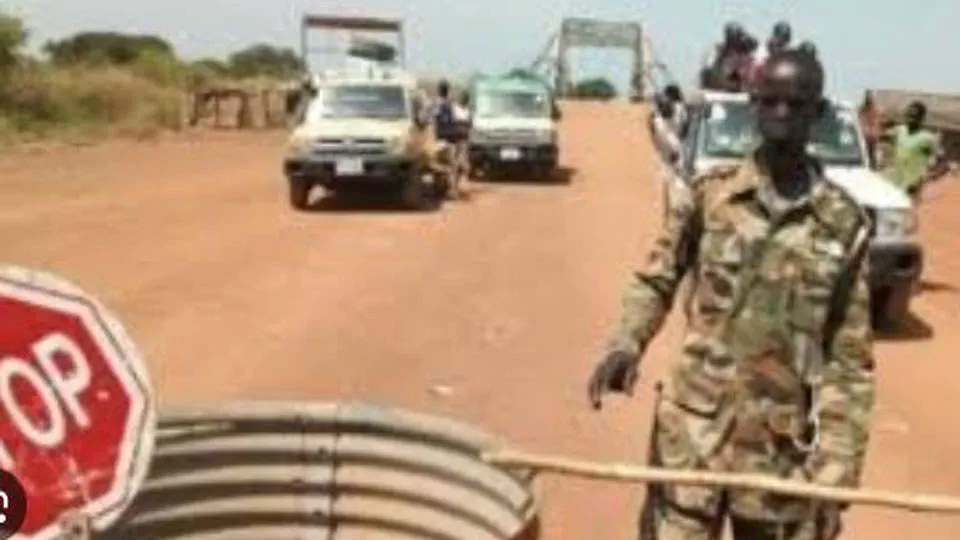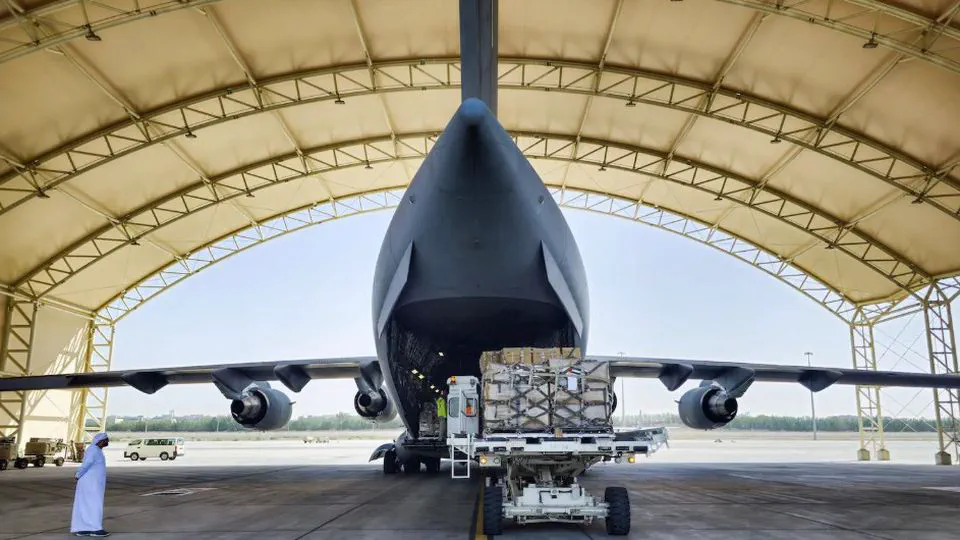About Me
I am an Assistant Professor in Conflict Management and International Relations at ETH Zurich. My research focuses on how peace processes help to prevent and end armed conflict.
I completed my PhD at the University of Oxford in 2016, focusing on the role of legitimacy in mediation processes. Following the completion of my PhD, I held Postdoctoral positions at the University of Manchester and the London School of Economics (LSE).
I blend quantitative and case study methods in my work and frequently conduct field research, interviewing conflict parties, mediators, and other stakeholders. My work has been published in domain-specific journals like the Journal of Peace Research, International Peacekeeping, and the Journal of Conflict Resolution, but also in general audience journals like International Studies Quarterly, Comparative Political Studies, and International Organization.
I am the founder and executive director of the Peace Observatory, editor-in-chief at International Peacekeeping, and have consulted for the EU, UN, and AU.
Below, you will find an overview of my projects and a list of my publications. In the project section, I also provide background on the different focus areas of my research for those interested in the broader context.
- Mediation
- Peacekeeping
- Non-state Conflict
- Civil War
- Transnational Conflict
-
PhD in International Relations, 2015
University of Oxford
-
MPhil in Peace and Conflict Studies, 2012
Uppsala University
-
MSc in International Relations, 2011
University of Groningen
-
BSc in International Relations, 2009
University of Groningen
I believe that effective action must be grounded in evidence-based analysis. To that end, I have engaged in research-driven collaborations with practitioners and undertaken a range of consultancies. Please find an overview here, and feel free to get in touch regarding potential collaborations.
- In 2024 and 2025, I was a consultant for the International peace Institute (IPI), contributing to a report examining how the “primacy of politics” applies to the local level in peacekeeping contexts.
- In 2023, I was a consultant for MINUSCA, drafting a report on local peace agreements in the context of communal conflicts in the Central African Republic. I mapped and analyzed the content, implementation, and durability of local peace agreements supported by the mission.
- From 2022 onwards, I have been involved in a collaboration between ETH Zurich and the UN Operation Crisis Center (UNOCC). The goal of this collaboration is to conduct foundational research on forecasting armed violence based on peacekeeping data. This project takes place within the context of the UN-ETH partnership.
- Between 2019 and 2021, as part of the Smart Peace programme, I explored the effectiveness of local mediation efforts in the Central African Republic. The Smart Peace activities in the Central African Republic were led by Conciliation Resources, in partnership with the International Crisis Group, the Centre for Humanitarian Dialogue, and ETH Zurich.
- In 2020, I drafted a report for PAX that maps different early warning tools used for the protection of civilians.
- In 2018, I was hired by the European External Action Service (EEAS) as a consultant on a project on the EU early warning system on civil wars and political instability.
- In 2018, I produced a short research methodology note for the US Air Force Materiel Command (AFMC) on how public conflict data can be used to analyse the effectiveness of peace support operations.
- Between 2017 and 2018, I worked as country expert for the International Institute for Strategic Studies (IISS), focusing on armed conflicts in Sudan and South Sudan.
- In 2017, I worked as a consultant for the European Peace Institute (EPI) to explore the findings of a survey held on social dynamics and radicalisation in Molenbeek in Brussels.
- In 2016, I worked as a consultant for the Political Instability Task Force (PITF) of the Central Intelligence Agency (CIA). The project consisted of producing a case study book on conflict settlements and their aftermath. I contributed case studies on Angola, Sudan, and Sri Lanka.
- In 2015, I worked for the World Peace Foundation (WPF) as a consultant to contribute to an independent report presented to the African Union in July 2016. My contribution to the report is a statistical analysis on mediation efforts in civil wars in Africa.
- I also worked for the WPF as a consultant to help compile a dataset on transnational conflict in Africa between 1960 and 2010.
Here you can find an overview of the courses I have taught or am currently teaching:
- Human-Centered AI for Social Good at ETH Zurich (Spring 2025)
- Ending Violence, Master of Comparative and International Studies at ETH Zurich (Spring 2019, 2020, 2021, 2023, 2024, 2025)
- Master thesis supervision, Master of Comparative and International Studies at ETH Zurich (2020, 2021, 2022, 2023, 2024, 2025)
- Master of Advanced Studies ETH Mediation in Peace Processes (2019, 2020, 2021, 2022, 2023, 2024, 2025)
- Responses to Civil Wars, Master in Humanitarian Action (NOHA) at the University of Groningen (Spring 2018)
- Master thesis supervision, Master in International Relations at the University of Groningen (Spring 2018)
- Bachelor thesis supervision, Master in International Relations at the University of Groningen (Spring 2018)
- International Interventions, Bachelor in International Relations at the University of Groningen (Fall 2017)
- Terrorism and Social Movements, undergraduate-level course at the University of Oxford (Fall 2015)
- Theory of International Relations, undergraduate-level course at the University of Oxford (Fall 2015)
- Peace and Conflict Studies, Bachelor of Liberal Arts at Leiden University College (LUC) (Spring 2015)
- Global Challenges, Bachelor of Liberal Arts at Leiden University College (LUC) (Fall 2013)
As a teaching assistant:
- Theory of International Relations, Bachelor in International Relations at the University of Groningen (Spring 2018)
- International Organizations, Bachelor in International Relations at the University of Groningen (Spring 2018)
- International Security, Bachelor in Political Science at Leiden University (Spring 2014)
- International Politics I, Bachelor in Political Science at Leiden University (Fall 2013)
- International Organizations, Bachelor in Political Science at Leiden University (Fall 2013)


